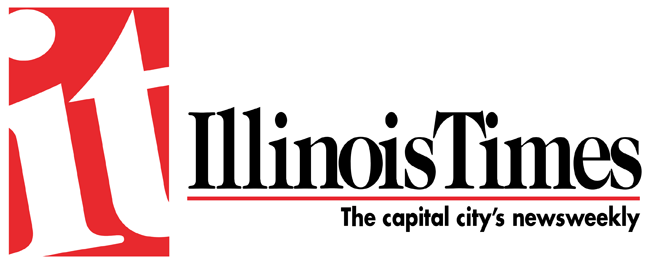Opinion by Jen Walling
Illinois is home to more than one million lead service lines, the highest state total in the nation. While efforts to replace these aging and harmful pipes are underway, completing such a massive undertaking will take years. The U.S. Environmental Protection Agency has set a national deadline of 2037 for full lead pipe replacement, though communities with high proportions of lead service lines may be eligible for extensions. That leaves many households in the unfortunate position of waiting years for safe drinking water from the tap, far too long for families to go without adequate protection against lead contamination. This is not just an infrastructure issue, it’s a public health emergency. No amount of lead in drinking water is safe, and delaying protective measures puts vulnerable populations, especially children, at risk of irreversible harm. While full pipe replacement is the ultimate goal, families can’t wait over a decade for peace of mind at the kitchen sink.
The effects of lead exposure, even in small amounts, can be devastating, especially for children and pregnant women. As a potent neurotoxin, lead exposure is linked to lifelong behavioral and learning difficulties, increased risk of hypertension and cardiovascular disease. A new report from the Protect Kids From Lead Coalition documents 91 instances where Illinois communities exceeded the federal lead action level over the past five years. These findings make one thing clear: Illinois cannot afford to wait until 2037 and beyond to ensure safe drinking water. Action must be taken now to protect residents.
Managed Care Organizations including Aetna, Humana, CountyCare, Blue Cross Community, Meridian and Molina, already play an important role in keeping communities healthy. From coordinating rides to medical appointments to providing access to fresh groceries, MCOs offer vital services that go beyond clinical care. Ensuring members have access to safe drinking water is a natural and necessary extension of these services.
With Medicaid under increasing federal scrutiny, now is the time for state leaders to step up and prioritize proactive, people-first solutions for protection. One simple and effective tool that can provide immediate protection is the use of certified water filters in households at risk of lead exposure. These filters, which can remove up to 99% of lead from tap water, are a cost-effective and immediate safeguard for families across the state. Unlike bottled water, which is expensive and environmentally unsustainable, filters provide a long-term solution that families can rely on every day.
We’ve already seen this approach succeed. In Cook County, the MCO group CountyCare distributed coupons for water filters to roughly 90,000 Medicaid-eligible households affected by lead. The response was overwhelmingly positive and demonstrated what is possible through practical and preventative action.
The city of Springfield is another region that has prioritized proactive outreach and protection against lead contamination. With an estimated 10,000 lead service lines, City Water, Light and Power, Springfield’s municipal utility, has begun mailing annual notices to approximately 9,000 impacted customers, providing information on lead risks and best practices to reduce exposure. CWLP also offers certified water filter pitchers to households with known lead pipes as an interim safety measure until full replacement is complete.
Yet, outside of Cook County and Springfield, many Illinois residents, especially those in disadvantaged communities, remain at risk due to the large presence of lead pipes in need of replacement. Illinois needs clear, statewide leadership to prioritize proactive tools like filter distribution.
One promising pathway is the use of the federally approved 1115 Medicaid waiver, which allows states to implement cost-effective and targeted interventions not traditionally covered by Medicaid. This includes environmental health measures like certified water filter distribution, tailored to address local risks and health disparities.
Solutions are on the table, and we are grateful for the leadership and commitment that Gov. JB Pritzker and the Illinois Department of Human Services have shown in tackling this critical issue. We appreciate having a champion in the governor, and we encourage him to continue prioritizing proactive water filter distribution through innovative approaches like the 1115 waiver. This tool offers the flexibility needed to fund preventative services for Medicaid enrollees, including access to certified water filters.
There is still more to be done to ensure that no community in Illinois is left behind when it comes to safe, clean water. This moment calls for bold, collective effort and swift implementation of proven tools. Let’s work together to build on the progress made and keep Illinois families safe from lead contamination.
Read the full article here.

